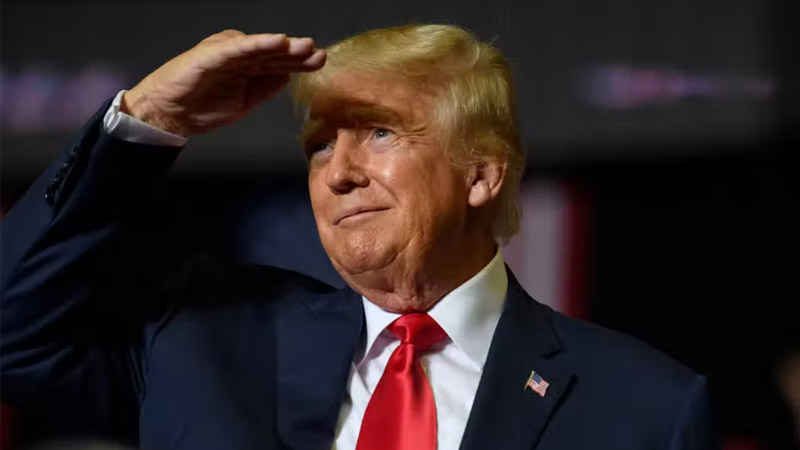President-elect Donald Trump’s advisers, alongside tech billionaire Elon Musk’s Department of Government Efficiency task force, are reportedly exploring the possibility of reorganizing or even abolishing the Federal Deposit Insurance Corporation (FDIC), according to a report by the Wall Street Journal on Thursday.
While the idea of eliminating the FDIC outright seems unlikely for now, the discussion centers on the potential reorganization of its functions. Trump’s advisers have asked nominees under consideration for the FDIC, as well as the Office of the Comptroller of the Currency, whether deposit insurance could be absorbed into the Treasury Department, Wall Street Journal reporter Gina Heeb revealed.
However, the report emphasized that such a move would require congressional approval, and it noted that while past presidents have reorganized or rebranded government departments, Washington has never fully shut down a major cabinet-level agency like the FDIC. Closing or drastically altering agencies like the FDIC is an uncommon move in U.S. history.
The FDIC, established in 1933 during the Great Depression, plays a critical role in banking regulation. It runs the deposit insurance program, which guarantees that account holders will be reimbursed up to $250,000 if their bank fails. The program was created to prevent “bank runs,” which occur when a large number of account holders rush to withdraw their money from a bank during times of economic crisis.

Prior to the FDIC’s creation, bank runs were common during economic downturns, exacerbating financial instability. It remains uncertain whether there is industry-wide support for such a drastic change to federal deposit insurance.
The report pointed out that “FDIC deposit insurance is considered near sacred” in the banking world. “Any move that threatened to undermine even the perception of deposit insurance could quickly ripple through banks and in a crisis might compound customer fears,” the report stated.
For instance, after several bank failures last year, customers panicked about the safety of their deposits at smaller banks, leading many to flock to the largest institutions, which are seen as “too big to fail.”
The proposal also comes as Musk has advocated for the elimination of the Consumer Financial Protection Bureau (CFPB), an agency that has returned billions of dollars to consumers since its creation in 2011.
As discussions continue, it remains to be seen whether the Trump administration will push forward with such sweeping changes to financial regulations or if the proposal will face significant pushback from both lawmakers and the banking industry.

